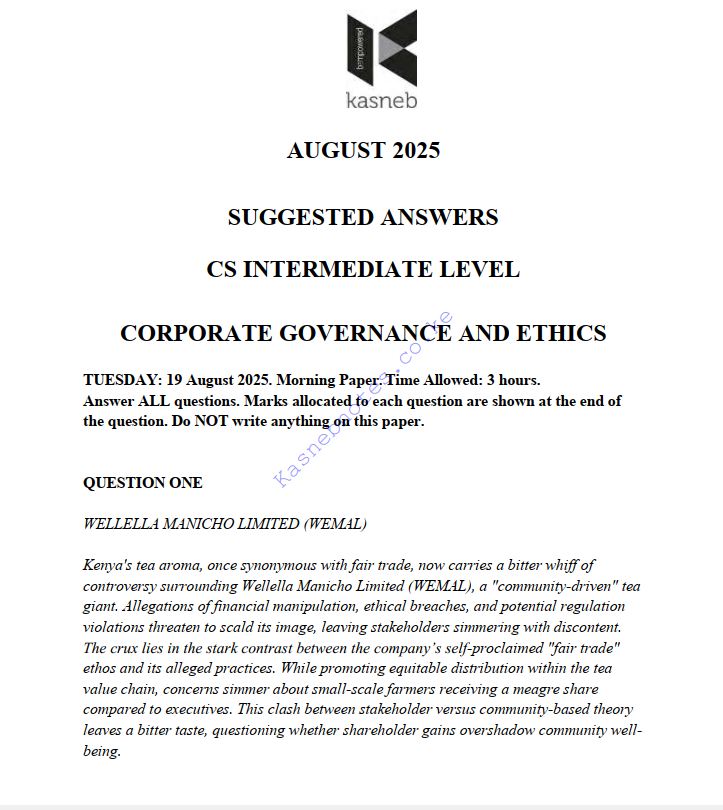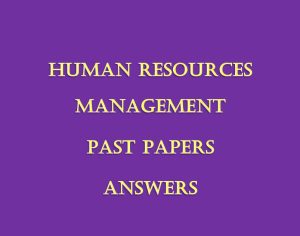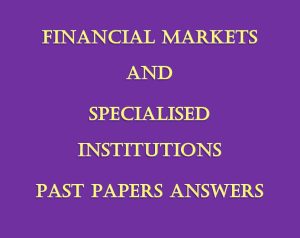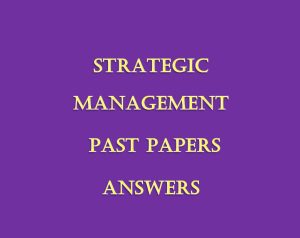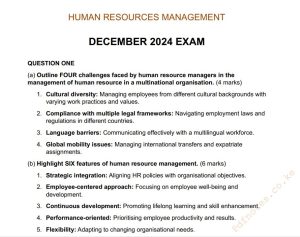Original price was: KSh500.KSh299Current price is: KSh299.
Download August 2025 Corporate Governance and Ethics Past Paper answers in Pdf form
Description
QUESTION ONE
WELLELLA MANICHO LIMITED (WEMAL)
Kenya’s tea aroma, once synonymous with fair trade, now carries a bitter whiff of controversy surrounding Wellella Manicho Limited (WEMAL), a#8220;community-driven” tea giant. Allegations of financial manipulation, ethical breaches, and potential regulation violations threaten to scald its image, leaving stakeholders simmering with discontent. The crux lies in the stark contrast between the company’s self-proclaimed#8220;fair trade” ethos and its alleged practices. While promoting equitable distribution within the tea value chain, concerns simmer about small-scale farmers receiving a meagre share compared to executives. This clash between stakeholder versus community-based theory leaves a bitter taste, questioning whether shareholder gains overshadow community well-being.
Governance woes further stir the pot. A family-dominated board, akin to a tightly knit tea bud, lacks independent oversight, raising concerns about transparency and potential conflicts. The weak audit committee, resembling a sieve with holes, failed to detect financial discrepancies, further fueling suspicion. This lack of scrutiny creates an environment ripe for unethical practices to flourish. Internal documents, meant to be as clear as ethically sourced tea, instead are murky with inconsistencies. Public reports and private records clash, hinting at manipulation aimed to mislead investors and stakeholders. This opacity casts a shadow of doubt on the company’s financial transparency, leaving a bitter aftertaste of suspicion. Land ownership records, shrouded in ambiguity, raise concerns about potential land grabbing from the very farmers the company claims to uplift.
Risk management practices resemble a tattered cloth instead of a safety net. Weak internal controls create a breeding ground for financial malpractices, while a culture of silence, where whistleblowers fear retaliation, further suppresses ethical concerns. Meanwhile, excessive pesticide use and unsustainable farming practices pose environmental and health threats to communities. These unchecked risks threaten to spill over, poisoning the very ecosystem that sustains the company. Ethical conduct, a cornerstone of any responsible company, appears tarnished in WEMAL’s case. Bribery allegations taint its dealings with government officials, potentially violating anti-corruption laws. Labour practices, far from fair trade principles, raise concerns about unfair wages, poor working conditions, and the absence of unionisation rights, potentially violating Kenyan labour laws. These alleged unethical practices leave a bitter aftertaste in the mouths of consumers and stakeholders alike, questioning the very foundation of the company’s brand identity.
The company stands at a crossroads. The bitter aftertaste of these allegations threatens to overshadow its once-sweet reputation. Addressing these concerns requires a multi-pronged approach. Alternative governance models promoting independent oversight, strengthening the board with diverse expertise, and establishing a robust whistleblower program could be the first sips towards reform. Balancing profitability with sustainable practices and ethical treatment of farmers requires a holistic approach, ensuring a fair share for all within the teacup. Regaining stakeholder trust demands more than just empty apologies. Concrete actions like transparent investigations, addressing labour concerns and adopting sustainable practices are crucial ingredients in restoring faith. Additionally, engaging in open dialogue with communities and stakeholders, demonstrating a genuine commitment to their well-being, could be the sweetener that restores the company’s image. Only then can the company truly brew a cup of ethical and responsible business, leaving a legacy as sweet as its carefully marketed image. However, the journey towards regaining trust will not be easy. The Kenyan tea industry is a complex ecosystem, interwoven with social, economic and environmental factors. The company’s case serves as a stark reminder that ethical corporate governance is not a single sip, but a continuous process of self-reflection, adaptation and commitment to the well-being of all stakeholders. The question remains: Will WEMAL choose to steep itself in ethical practices or will it continue to simmer in the shadows of controversy?
Required:
(a) Explain to WEMAL the corporate governance practices that it should put in place to enhance independent oversight. (10 marks)
(b) Assess FIVE ways in which poor reporting and documentation can undermine stakeholder trust and invite regulatory scrutiny at WEMAL. (10 marks)
(c) Given the concerns about WEMAL’s family-dominated board and weak audit committee, analyse FIVE reforms that WEMAL should institute to ensure ethical conduct of its employees. (10 marks)
(d) Examine FIVE ways through which WEMAL could apply stakeholders theory to address corporate governance.
(10 marks)
(Total: 40 marks)
QUESTION TWO
(a) The landscape of corporate governance and ethics is constantly evolving due to emergence of new governance and ethics models.
With reference to this statement, examine FIVE new models of corporate governance. (5 marks)
(b) Board composition consists of a variety of elements that must be considered to create an effective board.
Evaluate FIVE of these elements. (10 marks)
(Total: 15 marks)
QUESTION THREE
(a) Organisational integrity is fundamental to sustained success and ethical conduct.
With reference to governance frameworks, explain FIVE key factors that drive integrity within organisations.
(5 marks)
(b) The Constitution of Kenya (2010) provides a framework for governance and ethical conduct in public and private institutions.
Examine FIVE areas in which these constitutional provisions impact organisational governance. (5 marks)
(c) The triple bottom line (TBL) approach extends organisational accountability beyond profit.
Describe FIVE benefits an organisation could derive from adopting this ESG framework. (5 marks)
(Total: 15 marks)
QUESTION FOUR
(a) Performance evaluation tools are essential for monitoring individual and organisational success.
Outline FIVE benefits that arise from the use of such tools in governance and management. (5 marks)
(b) Corporate Social Responsibility (CSR) reflects a company’s commitment to ethical and sustainable practices.
Evaluate FIVE challenges faced by organisations in implementation of CSR. (5 marks)
(c) An effective board is vital for good governance and strategic oversight.
Explain FIVE core functions performed by a well-governed organisational board. (5 marks)
(Total: 15 marks)
QUESTION FIVE
(a) Assess FIVE potential drawbacks of adopting a fund-raising model of board governance. (5 marks)
(b) A social audit reveals an organisation’s social performance and impact.
Identify FIVE critical areas commonly examined in a social audit. (5 marks)
(c) The Risk Appetite Framework (RAF) guides decision-making and risk tolerance.
Explain FIVE essential components that constitute an effective RAF in governance. (5 marks)
(Total: 15 marks)
